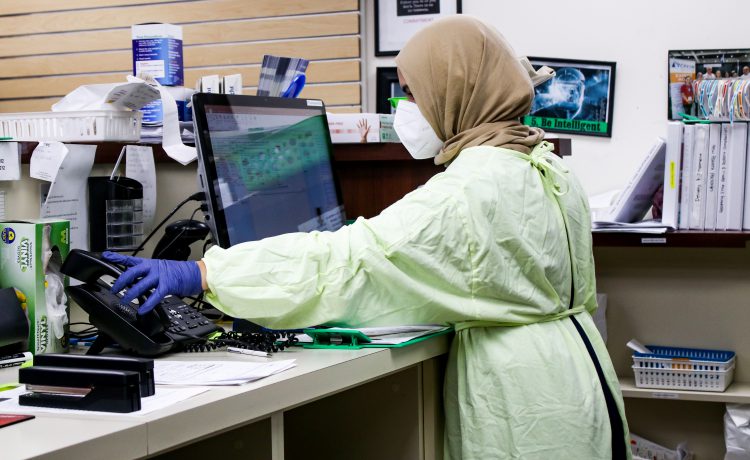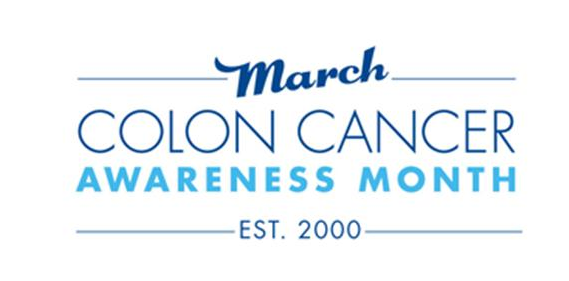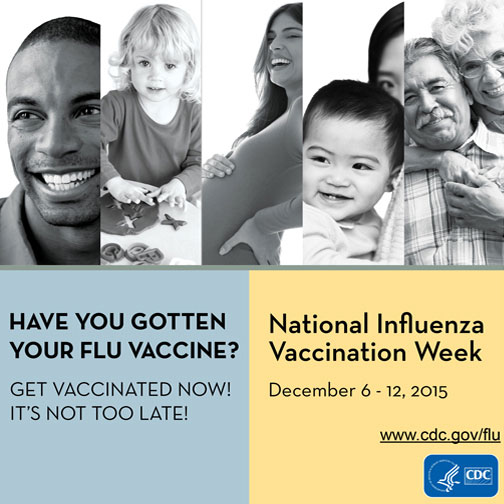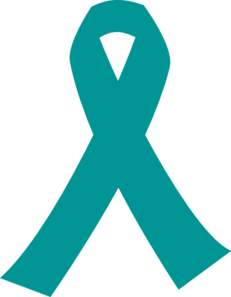Last Updated on January 12, 2023
National Pharmacist Day, celebrated annually on January 12, honors pharmacists across different specialties and in every setting by recognizing the impact they have in healthcare. There were approximately 312,550 pharmacists in the United States as of the most recent census, many of whom have been vital to the public’s health and wellbeing — long before the ongoing pandemic.
Pharmacists are a vital part of healthcare teams and often rank among the most trusted professions, with survey respondents rating the honesty and ethical standards of pharmacists as “high” or “very high.” Pharmacists not only check and dispense medications for patients; they also offer advice on medicine dosage, side effects, and possible interactions between different prescriptions. They know about drug therapy effectiveness and can provide information about medical devices patients use at home. Through managing complex drug regimens, counseling to ensure patients remain adherent, helping navigate insurance and cost concerns, and much more, pharmacists have an irreplaceable role in everyone’s healthcare.
Pharmacists can help improve medication adherence, ensure medication is prescribed appropriately, prevent over-prescribing, and remove gaps during transitions of care — all of which help reduce healthcare costs. Pharmacist interventions and clinical pharmacy services are associated with positive economic outcomes. With their unique knowledge of medicines, pharmacists are central figures in decreasing healthcare expenditures through cost savings on medicines and cost avoidance when an intervention reduces potential future spending.
Pharmacists’ role has faced changes in the past year following the overturning of Roe v Wade and expected challenges to established rights to access contraception based on a purported right to privacy — the same right to privacy that the Supreme Court dismissed when overturning Roe. Contraceptives and emergency contraception continue to be legal in all states and can be dispensed in community pharmacies. However, pharmacists can be at risk of penalties that could include revocation of their professional license, civil lawsuits, or criminal prosecution if the state interprets their actions as violating their anti-abortion statutes.
The Department of Health and Human Services (HHS) instructed the nation’s 60,000 retail pharmacies not to withhold any emergency contraceptives and medication abortion pills, but other treatments unrelated to reproductive health continue to be caught up in the legal confusion such as the autoimmune/cancer medication methotrexate due to its use in treating ectopic pregnancies. Despite confusion, states cannot ban FDA-approved medication abortion pills mifepristone and misoprostol based on disagreement with the federal government on their safety and efficacy. Medication abortion is still available in all 50 states. In states that unjustly restrict access to abortion care, alternative routes to safe medication abortion pills are still available. Given some states’ criminalization of abortion and investigators’ access to collected data, there are ways to keep your digital footprint secure.
The role of pharmacists during the COVID-19 pandemic has continued to be at the frontline of healthcare. Pharmacists are often among the more accessible healthcare professionals for their community, care for patients with chronic illness, and may provide reliable information for preventing, detecting, treating and managing coronavirus infections. Many pharmacists’ duties have expanded to include providing COVID screenings and/or vaccinations.
Pharmacists have had to respond to patients who request treatment/prevention based on misinformation such as hydroxychloroquine and ivermectin, and have been the target of harassment and threats from anti-vaccine or COVID-denying public figures. Just as doctors and nurses have burned out from COVID-19, facing staffing shortages, full emergency rooms and COVID exposures — pharmacists have faced challenges that are likely to be overlooked. These difficulties not only affect frontline healthcare workers, but also patients. Longer wait times and fewer resources can lead to doctors accepting alternative treatments for their patients, and stressors can lead to errors made when filling prescriptions.
With the impending official end to the COVID-19 public health emergency, pharmacists’ expanded role in providing testing and legal status as providers under Medicaid and public policy will change. Immunizations would still be covered for those with insurance, but the commercialization of COVID testing and vaccines will lead to high out-of-pocket costs for uninsured people — who are already at higher risk of severe illness and death from COVID-19, infection which itself can cost hundreds of thousands of dollars. Ending the public health emergency would also stop enhanced funding and eligibility criteria for Medicaid, which would result in as many as 15 million Americans — 5% of the population — losing healthcare coverage.
For those unable to afford their medications, NeedyMeds has a database of Patient Assistance Programs (PAPs), as well as information on Coupons and Rebates that can help lower the cost of necessary medications. The free NeedyMeds Drug Discount Card can be used by anyone to help save money on their prescribed medication — even over-the-counter medicine if prescribed by a doctor. The card is available physically via mail, in a printable form, or as a smartphone app for Apple and Android devices. The NeedyMeds website also has a database of over 100 nationwide resources for those who have been impacted by COVID-19. There are even listings for over 19,000 free, low-cost, or sliding scale clinics for those concerned about the costs of healthcare. Search your ZIP code for clinics in your area to find free or low-cost medical attention. Remember to call first if you are seeking information about the availability of COVID-19 testing/vaccination. For more help finding information, call our toll-free helpline Monday-Friday 9am-5pm Eastern Time at 1-800-503-6897.





